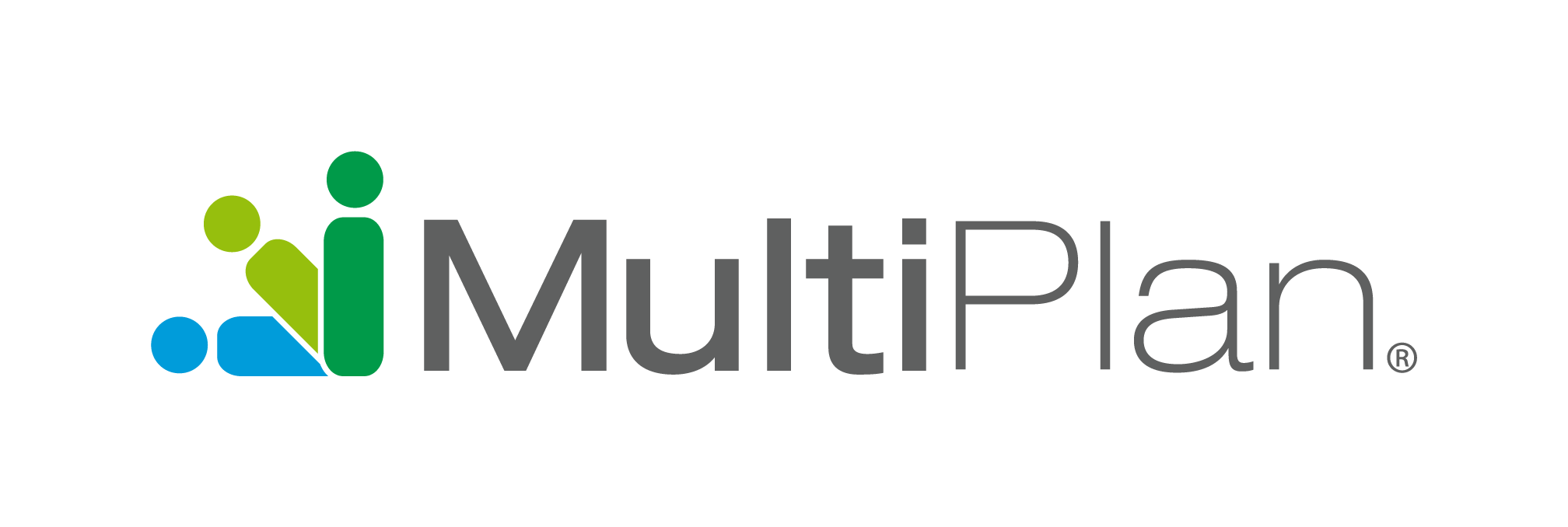In addition to addressing surprise medical billing for emergency services, air ambulance services and out-of-network services provided at in-network facilities, the No Surprises Act implements a number of other provisions intended to help patients avoid surprise bills. These provisions include provider and plan obligations to ensure provider directories are accurate and up-to-date.
Requirements for providers (practitioners and facilities)
Providers must maintain business processes to submit provider directory information to health plans as follows:
- When the provider begins a network agreement with a health plan or issuer with respect to certain coverage
- When the provider terminates a network agreement with a health plan or issuer with respect to certain coverage
- When there are material changes to the content of provider directory information of the provider
- At any other time (including upon the request of the health plan or issuer) determined appropriate by the provider or the Secretary of Health and Human Services.
Information that providers submit to a health plan provider directory must include names, addresses, specialty, telephone numbers, and digital contact information of individual health care providers; and names, addresses, telephone numbers, and digital contact information of each medical group, clinic, or healthcare facility contracted to participate in any of the networks of the group health plan or health insurance coverage involved.
Requirements for health plans
The No Surprises Act requires health plans to verify all provider directory data every 90 days, process updates within two business days of receiving updated information and remove providers from the directory if their information has not been verified during a period specified by the health plan. Print directories must include the date of the last update.
Health plans may not impose costs other than the in-network cost sharing if the plan – via telephone or through the online directory – incorrectly told the patient that the provider was in-network.
In addition, health plans must respond no later than one business day to requests on whether a provider has contractual relationship to furnish items or services, and retain such communication in an individual’s file for at least two years.
Final rulemaking
Rulemaking is expected later this year. Until then, providers may need to work together to make good faith efforts to comply.
Learn how MultiPlan’s Surprise Billing Service can help you comply with requirements of the No Surprises Act.
The information provided on this website does not, and is not intended to, constitute legal advice; instead, all information, content, and materials available on this site are for general informational purposes. If you have questions about how the No Surprises Act applies to your organization, please consult your legal counsel.

